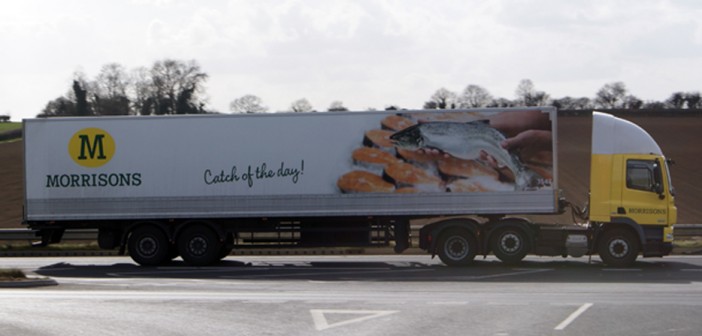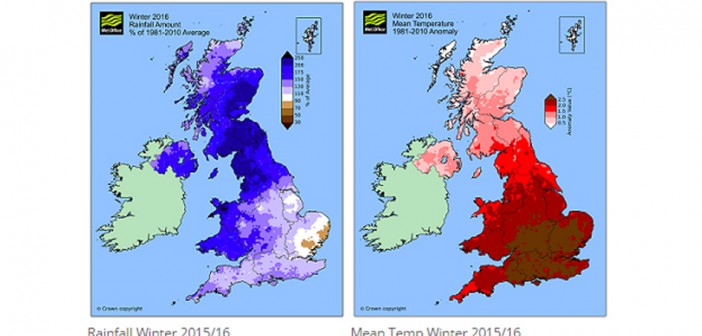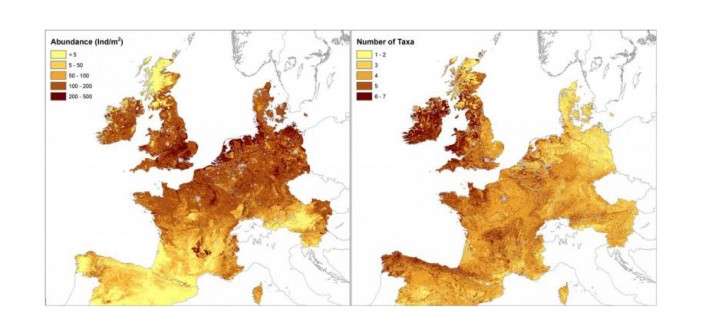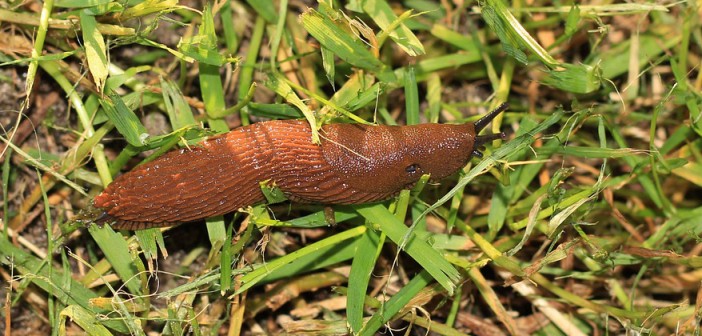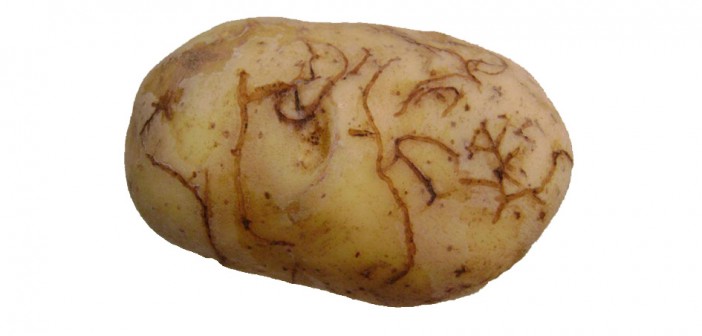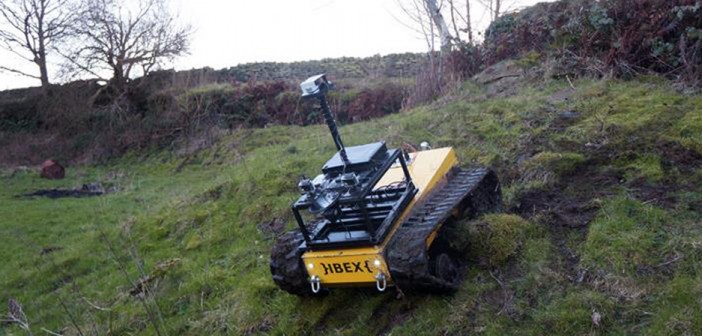Ireland-based Fyffes Plc has reported revenue growth of 7% for the last year, mainly thanks to growth in bananas and melons.
Fyffes said EBITDA was up 16.4% at €56.1 million, representing the group’s seventh consecutive year of earnings growth.
“There was adverse weather in the early part of the year in the production regions which increased costs and resulted in some quality issues in certain varieties for part of the season. This had a modest adverse impact on average selling prices,” Fyffes said.
“Towards the end of the year, the Group purchased additional melon farming assets in Guatemala which contributed to a mid-single digit increase in volumes in this category in the year and is expected to result in a 25% increase in volumes on a full year basis in 2016.
It added that it had, “achieved a strong result in the banana category in 2015, with a mid-teens percentage increase in operating profits. This was delivered despite a significant currency headwind, with the US Dollar strengthening by 16% and 7% against the euro and Sterling respectively during the year. The impact of this was partly mitigated by reductions in key input costs, further logistical efficiencies combined with lower fuel costs, operational efficiencies in the Group’s distribution network and reductions in other import costs.”
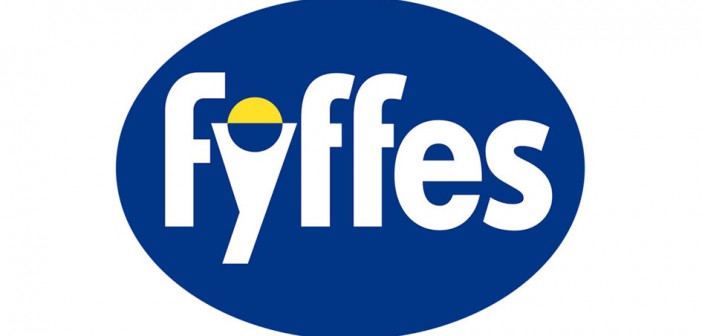
Photo Credit: Wikipedia Commons
The post Fyffes records record rise in profits appeared first on Hort News.
